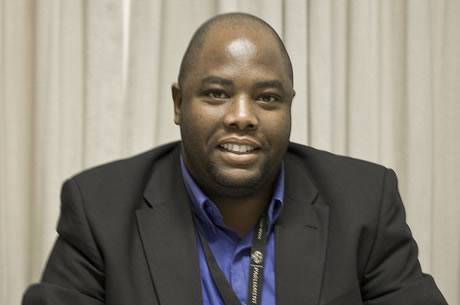Twitter’s former security chief-turned-whistleblower sounds alarm on company’s hidden negligent security practices, to meet Senate Panel

DHARAMSALA, 26 Aug: Twitter’s former security chief-turned-whistleblower Peiter “Mudge” Zatko has alleged that Twitter has major security problems that poses threat to its own users’ personal information, company shareholders, national security, and democracy.
According to an explosive whistleblower disclosure obtained exclusively by CNN and The Washington Post, the former head of security, of Twitter, Inc. an American communications company based in San Francisco, has further claimed that “Twitter’s leadership has misled its own board and government regulators about its security vulnerabilities, including some that could allegedly open the door to foreign spying or manipulation, hacking and disinformation campaigns.”
Additionally, he has alleged that the social media platform became “dependent” on revenue from Chinese entities, which, some company figures feared, could be privy to information that would allow them to identify and glean sensitive information on users in China, the Al Jazeera reported.
“Twitter executives knew that accepting Chinese money risked endangering users in China (where employing VPNs or other circumvention technologies to access the platform is prohibited) and elsewhere,” Zatko has said in his disclosure, sent last month to the US Congress and federal agencies.
According to the report, Zatko’s allegations have reverberated among Chinese dissidents and human rights activists, raising calls for Twitter to clarify whether it has put Chinese users at risk.
The US Senate will now hold a panel over the former security chief-turned-whistleblower’s allegations on 13 Sept, the Quints reported.
Meanwhile, Twitter is reportedly facing investigations from European privacy watchdogs with Ireland’s Data Protection Commission (DPC) and France’s CNIL following up on the whistleblower complaint, the report added citing TechCrunch.
Although China’s Great Firewall keeps the vast majority of Chinese people from using services such as Twitter, Facebook, Instagram, Google and a growing list of sites, the Great Firewall can be scaled using virtual private networks.
Over the past decade, Twitter has earned a small but loyal fan base, attracting a mix of users that includes some of the more ardent Communist Party critics and accounts run by the party-controlled press.






